MENTAL HEALTH CONDITION: SIGNS

Any mental health condition or mental illness is often characterized by a cluster of symptoms that brings about a change in an individual’s mood, the way they think and their behavior.
Most individuals often feel stressed out, tensed, or experience mood swings as a part of their routine life. However, these symptoms can escalate into a mental health condition if it becomes longstanding and affects one’s functioning in work, social or personal life.
Some of the most commonly diagnosed conditions are depression, anxiety, phobias, sleep and eating disorders and substance-use disorders.
Having a mental illness can impact one’s life to a great extent and thus, it becomes important to diagnose these conditions at the earliest and manage it with the help of either medical treatment or psychotherapy.
Although, signs and symptoms of mental illness can vary with respect to diagnoses, situational and personal factors, however, some of these warning signs and symptoms that are often observed in individuals include:
Mood Related Symptoms of Mental Illness
Mood related symptoms affect an individual’s ability to regulate one’s emotions. Some of these mood related symptoms that might indicate presence of a mental health condition are:
- Persistent low mood or sadness
- Feeling stressed out or tensed over minor matters
- Feeling on the edge
- Irritability with no apparent cause
- Frequent shifts in mood ranging from depressive lows to elation
- Feeling overwhelmed most of the time
- Occasional crying spells
- Excessive worrying
Cognitive Symptoms of Mental Illness
Cognitions refer to the mental processes that impact one’s thinking patterns. Some of these symptoms may include:
- Frequent confusion while dealing with tasks and activities of daily routine
- Inability to recall past incidents or not being able to remember recent activities events
- Difficulty while making decisions and not being able to judge situations adequately
- Feeling disoriented
- Clouding of consciousness
- Not being able to concentrate on work or daily activities
- Difficulties in problem solving
- Decline in overall intellectual functioning
- Suicidal ideations
- Reduced self-esteem
- Delusions
Behavioral Symptoms in Mental Health Conditions
Behavioral symptoms of mental illness can be observed by those around the individual. It is often seen that these are the first indicators of mental health condition:
- Frequent anger outbursts
- Hostility towards others
- Changes in sleeping patters (i.e., sleeping too much or not getting enough sleep)
- Reduced social interaction and preference for isolation
- Changes in appetite (e.g., binge eating or complete loss of appetite)
- Changes in sex drive or libido
- Recent or increased use of substance (i.e., alcohol, smoking or other illicit drugs)
- Avoidance of pleasurable activities
- Regular absenteeism at work or school
- Unprovoked anger
Physiological Symptoms
Physiological symptoms often co-occur as a part of mental illness and often do not have any known organic cause. Some of these symptoms are:
- Pains and aches without any organic cause
- Headaches and stomach aches
- Chronic fatigue despite physical strain
- Feeling worn out
- Vertigo
- Feeling nauseous
- Gastric problems and changes in bowel movements (e.g., irritable bowel syndrome, constipation, etc.)
If you have noticed any of the above-mentioned signs and symptoms of mental health disorders, it is advisable to seek professional help and take consultation from a mental health professional. If left untreated, mental illness can become debilitating overtime. Therefore, it becomes necessary to identify these symptoms at the earliest and seek professional help.

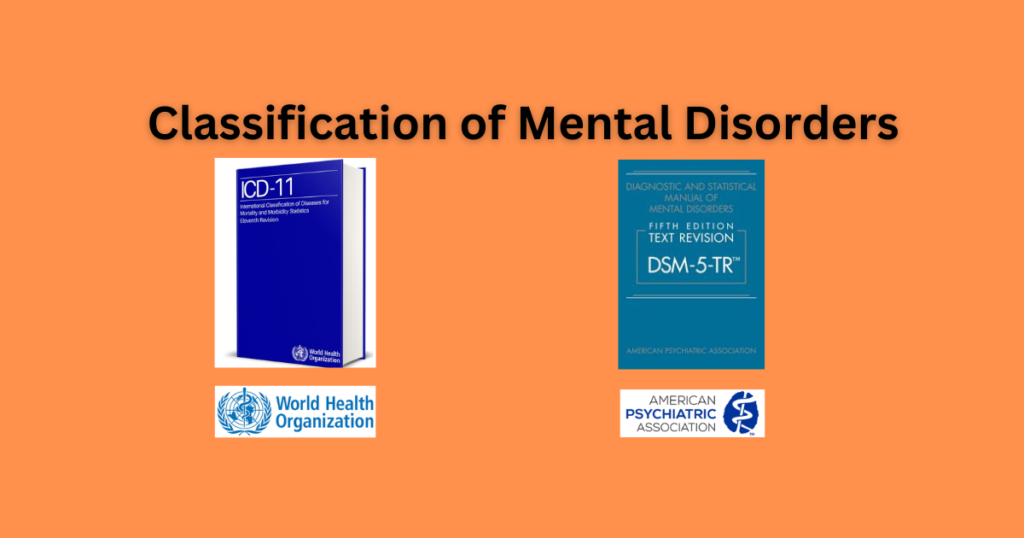
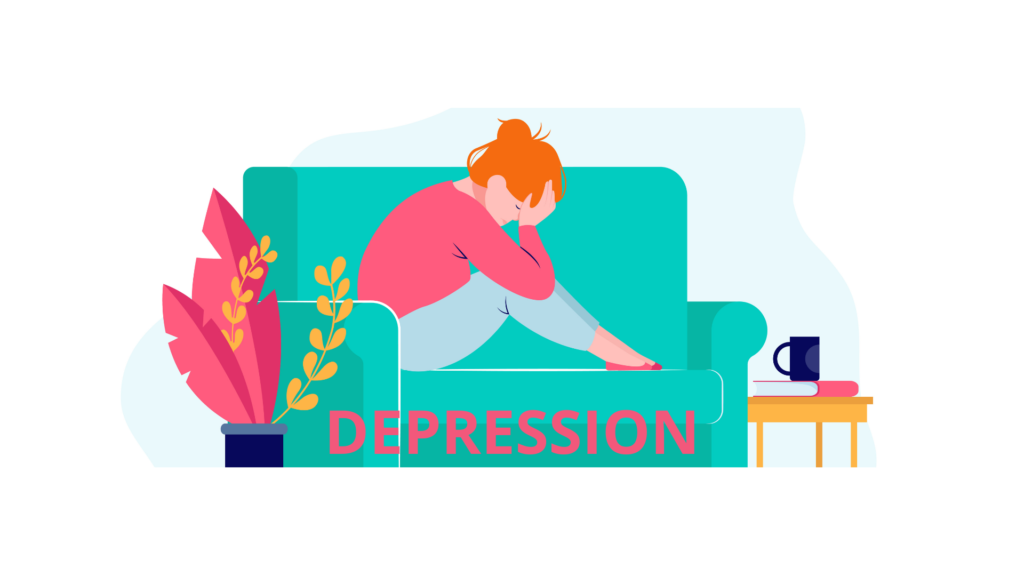
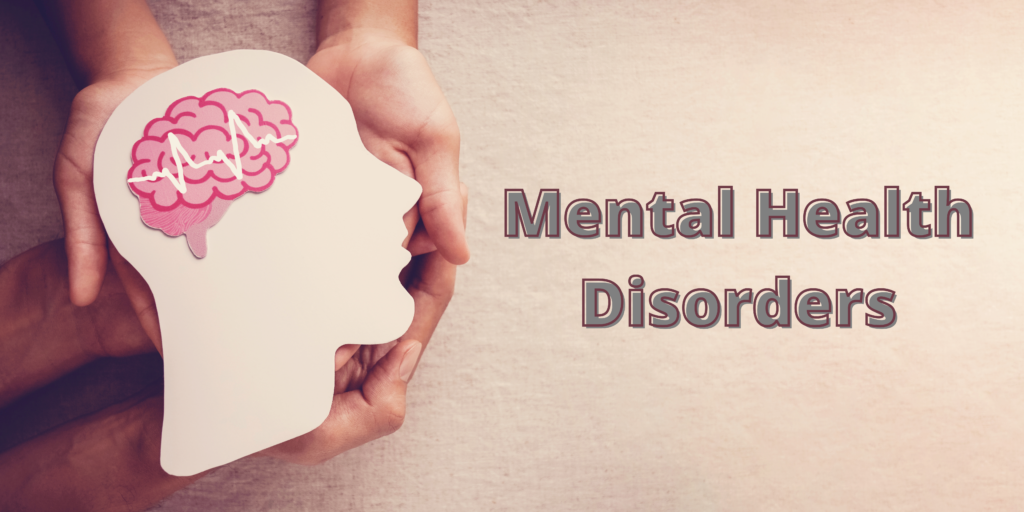
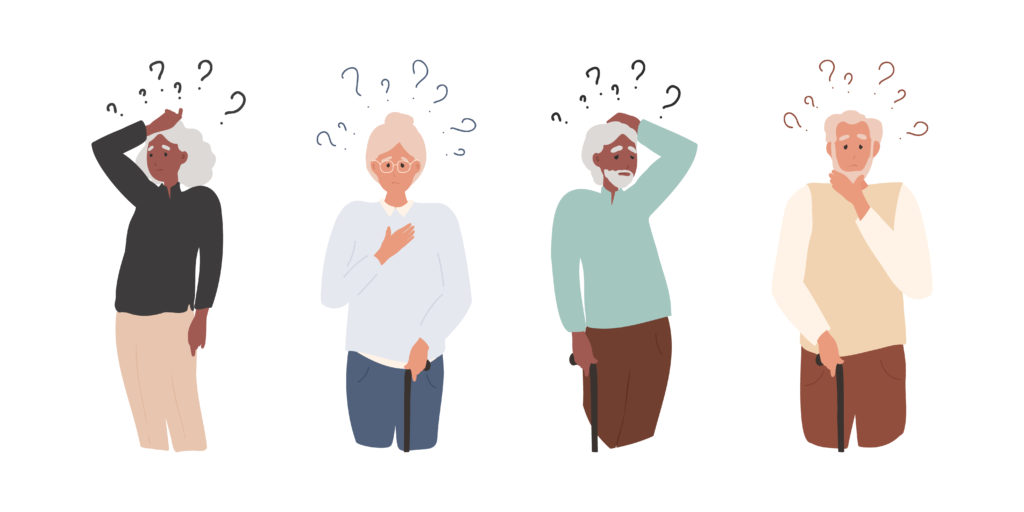
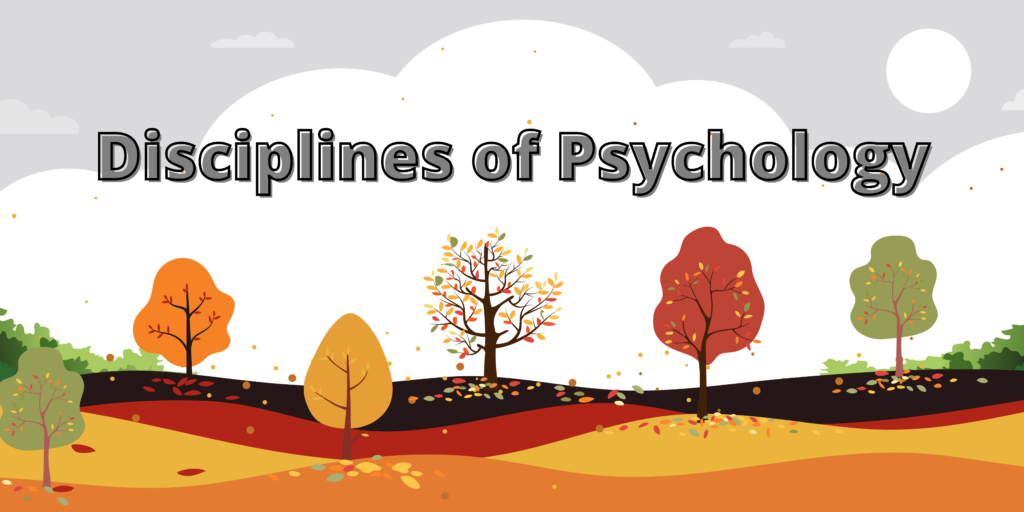

Responses